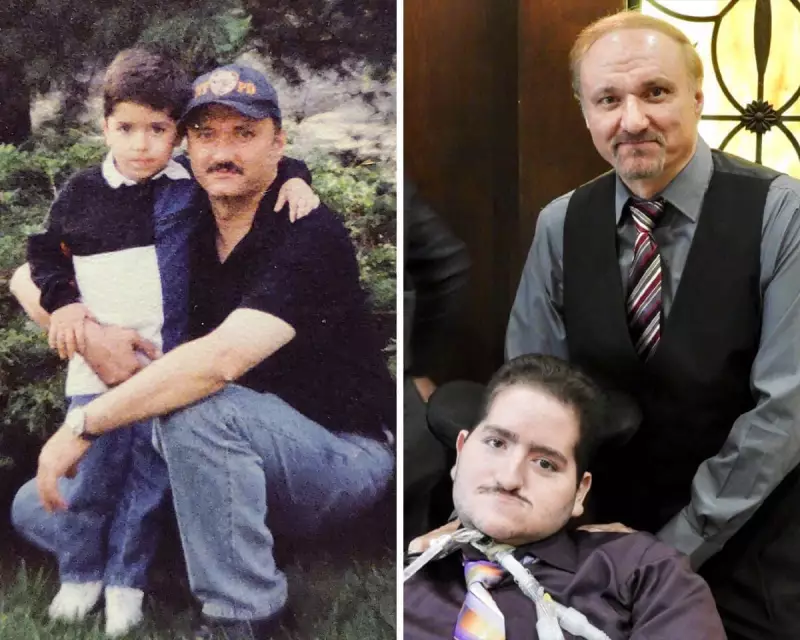
US Immigration and Customs Enforcement (ICE) detained the wrong man in a shocking case of mistaken identity that left an innocent Texas resident imprisoned for weeks. Maher Tarabishi, a 43-year-old man from Dallas, was arrested in late October 2024 despite having legal status in the United States.
The Wrongful Arrest and Detention
On October 30, 2024, ICE officers arrived at Tarabishi's Dallas home with an arrest warrant intended for another individual. Despite Tarabishi's protests and attempts to show his legal documents, officers took him into custody. He was transferred to the South Texas Detention Facility in Pearsall, where he would remain for nearly three weeks.
During his detention, Tarabishi repeatedly insisted that immigration authorities had confused him with someone else. He presented his valid work authorization and other documentation, but ICE officials initially dismissed his claims. The situation only began to unravel when the American Civil Liberties Union (ACLU) of Texas became involved in his case.
A Pattern of Errors Comes to Light
Legal advocates discovered that ICE had mistakenly identified Tarabishi based on incomplete and inaccurate information. The warrant was actually intended for another individual with a similar name but different personal details. This case highlights what critics describe as systemic problems within US immigration enforcement.
According to immigration attorneys, such cases of mistaken identity occur with disturbing frequency. The ACLU of Texas has documented multiple instances where ICE detained US citizens or legal residents based on flawed databases and inadequate verification procedures.
Tarabishi's ordeal finally ended on November 19, 2024, when ICE acknowledged their error and released him. By that time, he had spent 21 days in detention for a crime he didn't commit and an identity that wasn't his.
Broader Implications for Immigration Enforcement
This incident has reignited debates about ICE's arrest protocols and accountability measures. Immigration advocates argue that the agency's current procedures create an unacceptably high risk of wrongful detentions. They're calling for stricter verification requirements and independent oversight of immigration enforcement actions.
The case also raises questions about the human cost of immigration enforcement errors. Tarabishi lost nearly a month of his life to detention and suffered significant emotional distress. His experience underscores how quickly someone's life can be upended by bureaucratic mistakes.
As Tarabishi works to rebuild his life after this traumatic experience, his case serves as a stark reminder of the importance of due process and accurate identification in immigration matters. The incident has prompted calls for congressional hearings and policy reforms to prevent similar wrongful detentions in the future.





